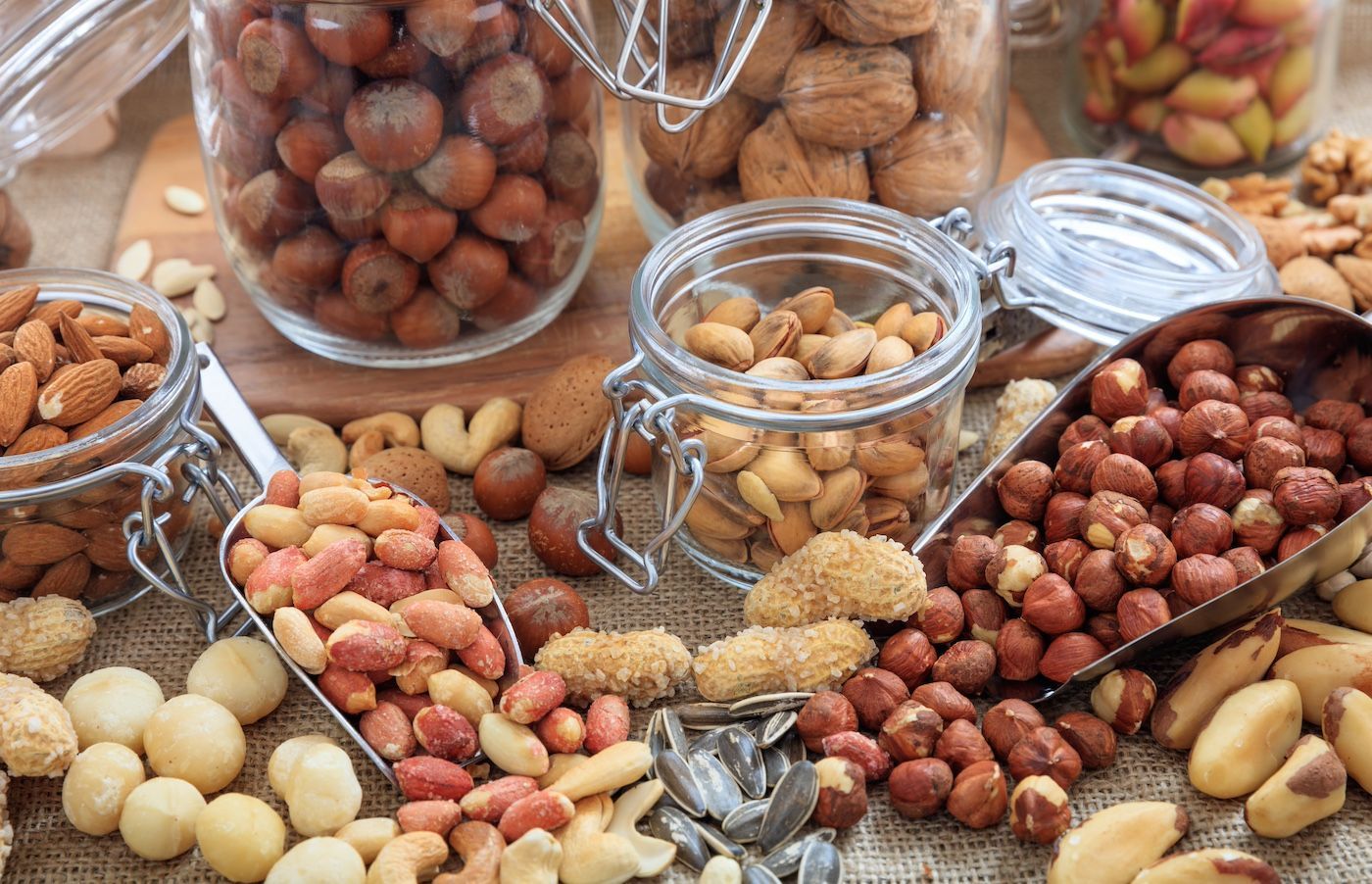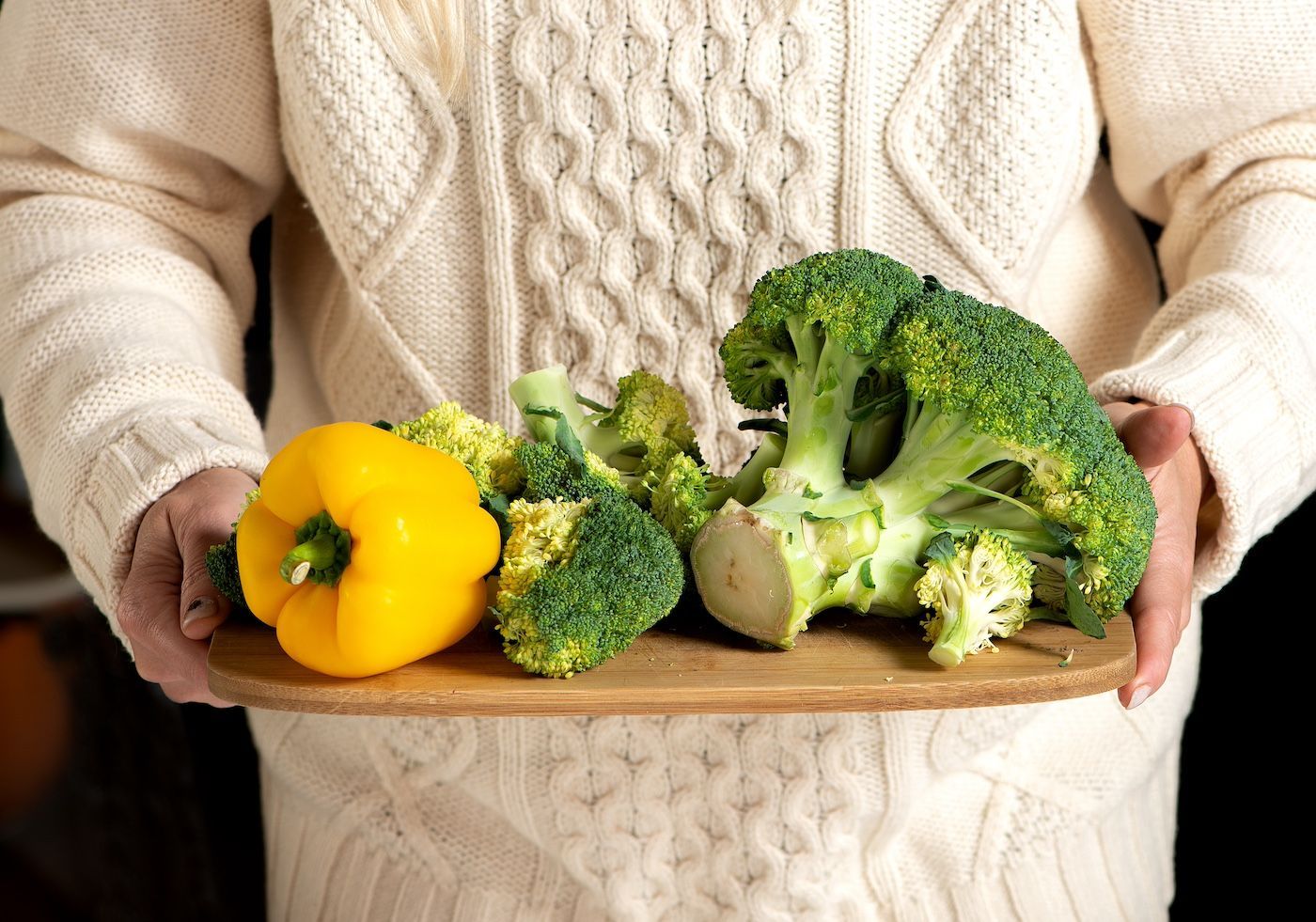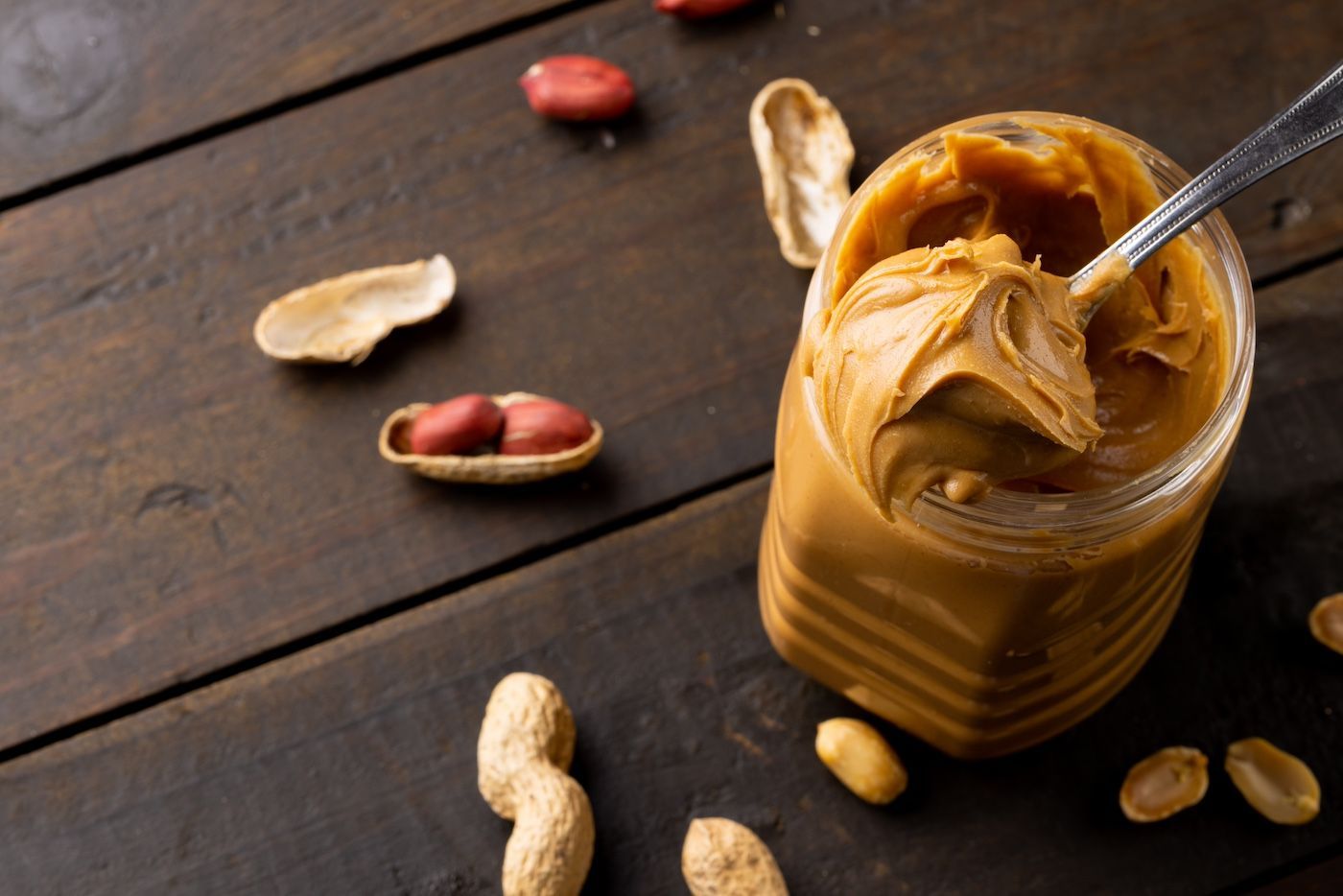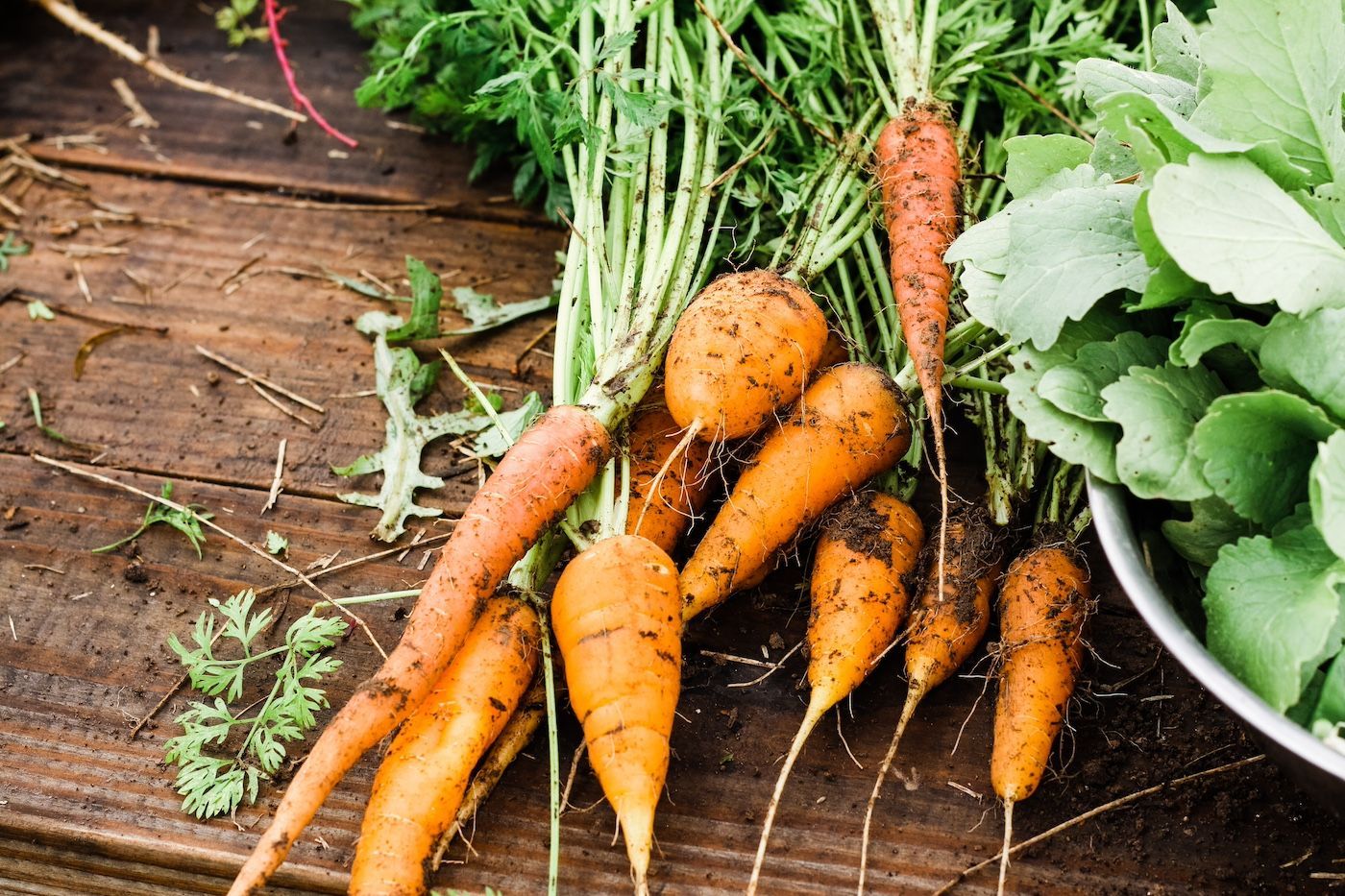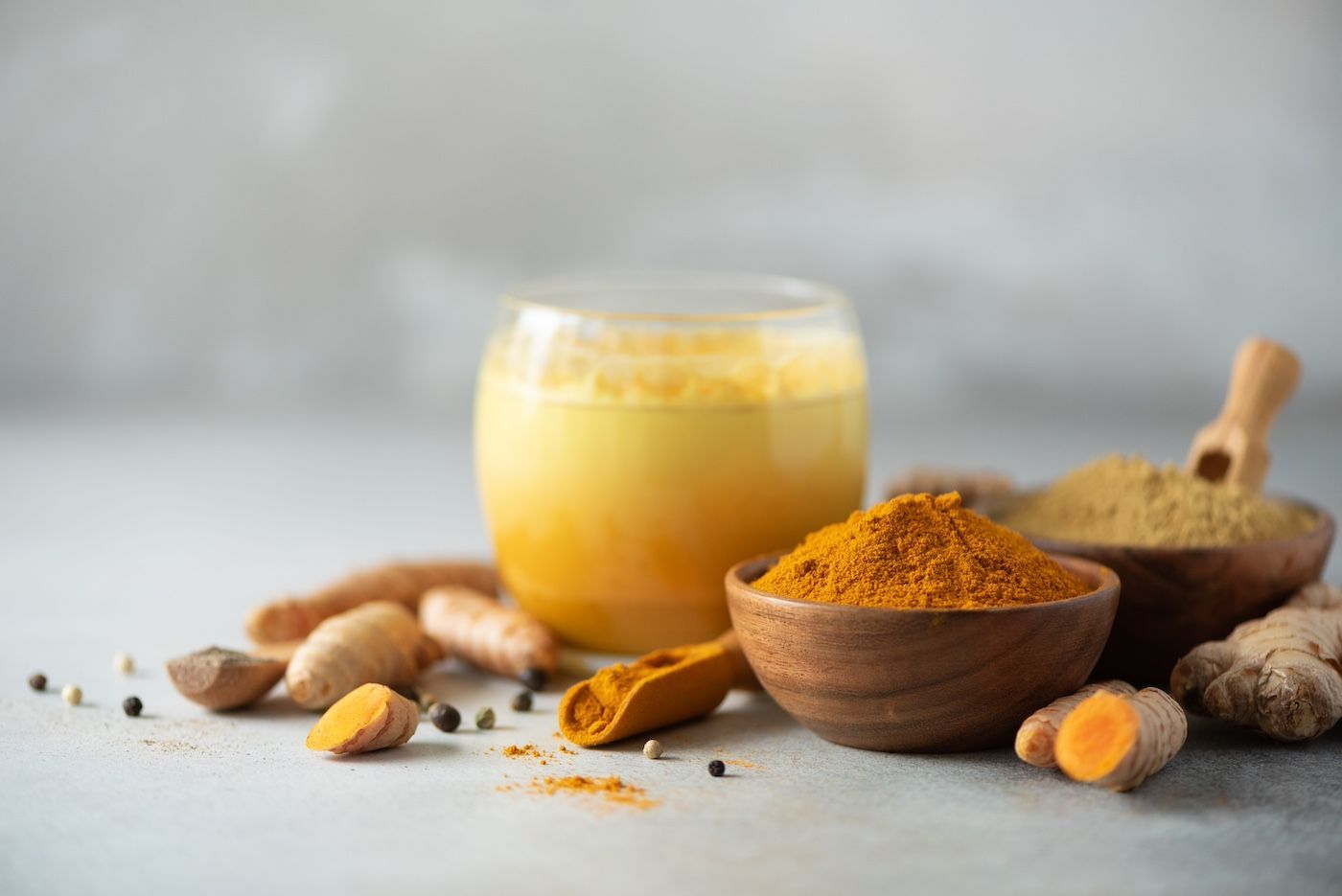Chews Your Health
Chickpeas
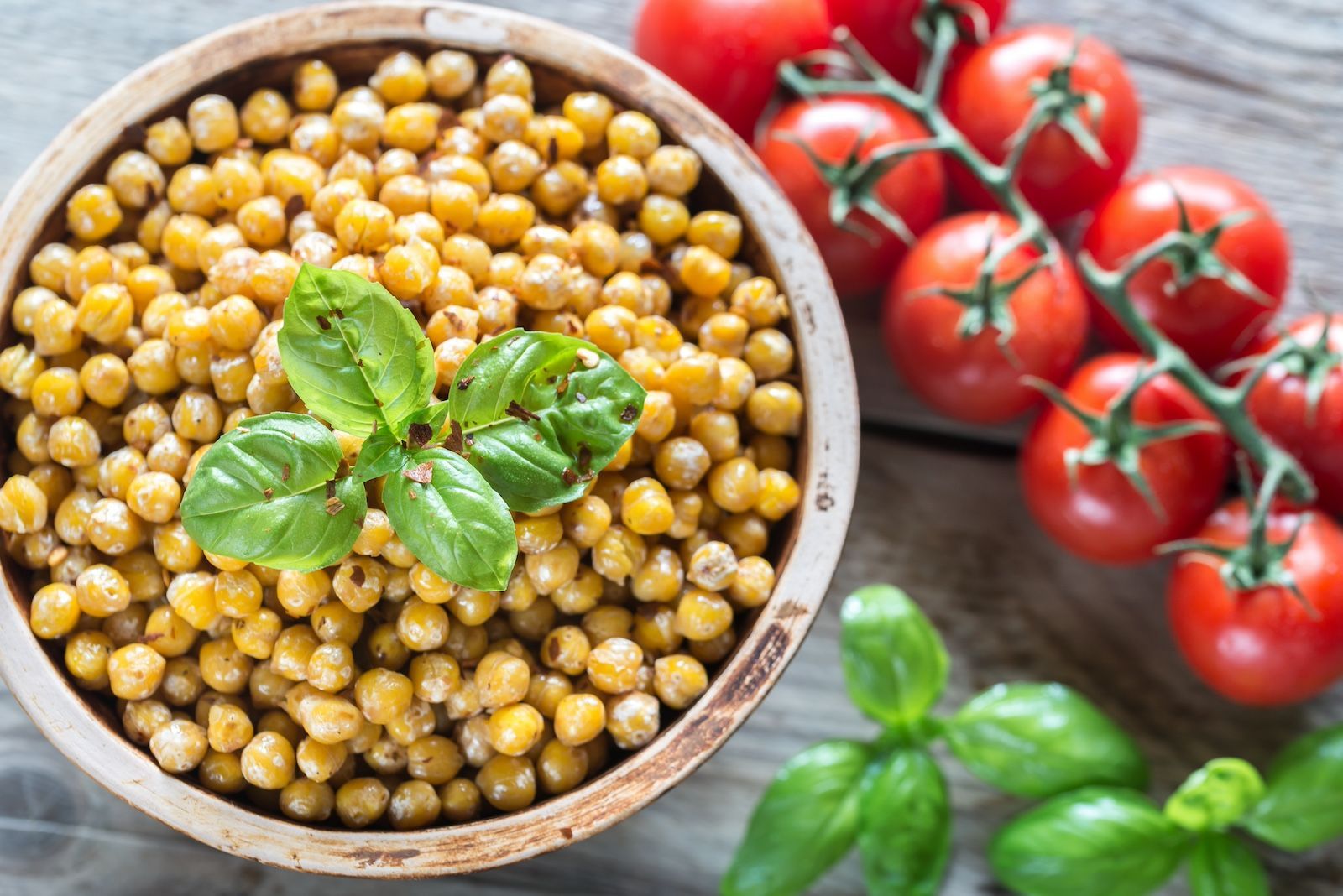
Chickpeas, AKA garbanzo Beans
Also called garbanzo beans, chickpeas are a small, round, and buttery-tasting legume originating from the Middle East.
Health Benefits
Great for the digestive system: chickpeas are high in insoluble fiber, which is then used as “food” for good bacteria in the colon. This promotes colon health and decreased risk of colon cancer.
Maintains cardiovascular health: chickpeas also have soluble fiber, which is associated with heart health. Antioxidants found in chickpeas help maintain blood vessel integrity.
Blood glucose maintenance: high amounts of fiber and protein found in chickpeas help to stabilize the pace of digestion, improving regulation of blood sugar which can decrease the risk of diabetes.
High fiber content in chickpeas helps with satiety and can help with weight management.
Chickpeas contain blood pressure lowering potassium.
Reduce inflammation: choline found in chickpeas is important in muscle movement, sleep, and brain function. It reduces inflammation, aids in nerve signal transmission, and maintains cell wall health.
SELECTION & STORAGE
You can buy chickpeas, dried, in bulk or in a bag. Be sure there are no signs of wetness or rot. Be sure to soak at least 4 hours or overnight before using. This will plump up the chickpeas and ensure quicker cooking time!
Store dried chickpeas in an airtight container in a cool and dry environment for up to 12 months.
Be sure if you’re buying canned chickpeas there is no salt added! Take note, buying canned chickpeas will decrease nutrient value. When in a pinch, canned is fine- buy try to buy dried.
Cooked chickpeas will last in an airtight container in the refrigerator for about three days.
How to Use
Make hummus from chickpeas, cold-pressed extra virgin olive oil, lemon juice, and spices
Bake in the oven with salt, pepper, and cayenne for a savory snack
Add to soups, salads, and pasta dishes
Make chickpea fritters with other veggies, herbs, and spices
As a side dish with sauteed vegetables, like tomatoes, kale, and onion

